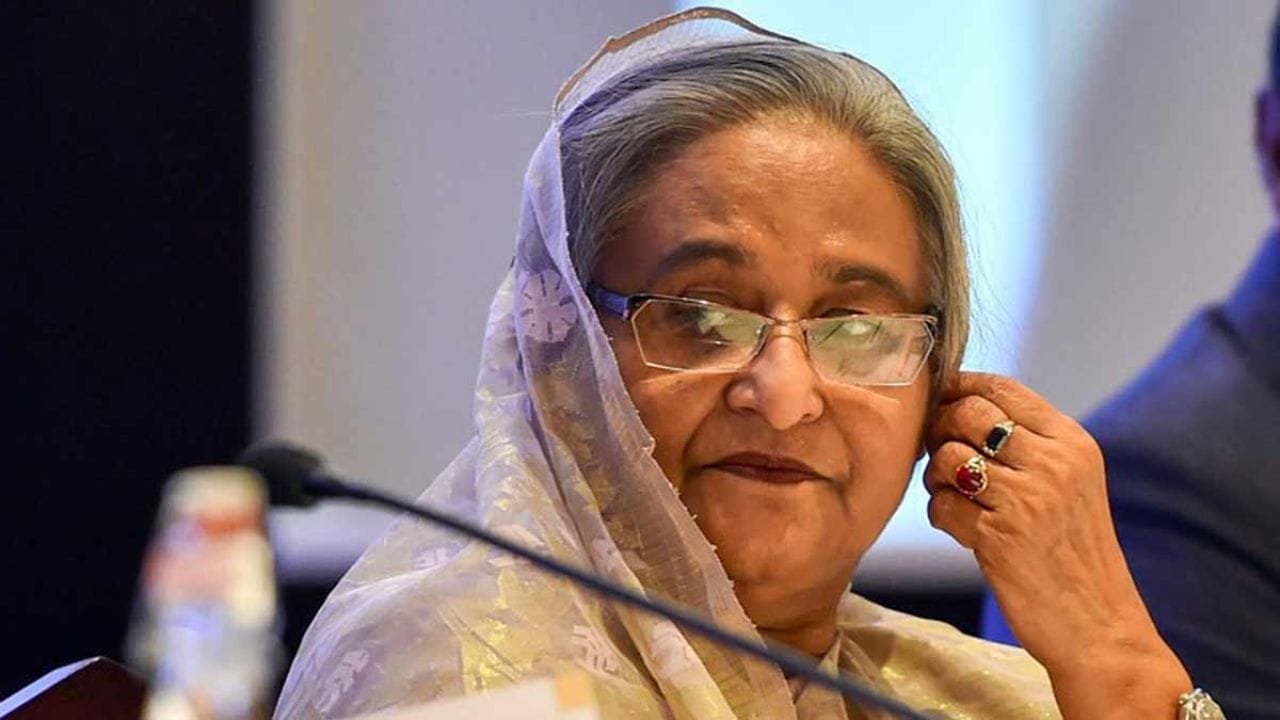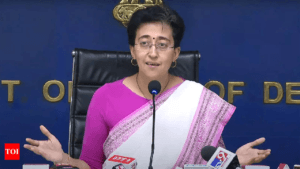Bangladesh has made a formal appeal to India, asking for help to try to deport former Prime Minister Sheikh Hasina who fled to New Delhi in late August after being thrown out of power through protests that turned deadly. In Bangladesh, Hasina’s interim government charged her with genocide and crimes against humanity that she has dismissed . India has acknowledged receipt of the letter but it has not elaborated on the contents while asserting that Hasina is in India for her own security.
The demand for extradition creates a rare paradox for the Indian government. India and Bangladesh have execution treaty which however have provisions of refusal of approval in case of politically motivated charges or where capital punishment is involved. Since the charges against Hasina are of such nature and the prosecutors seek to have a death penalty, India may have legal basis to decline this extradition request.
Also, Hasina has been rather friendly to India and her extradition may serve to put a stress to bilateral relations. It means that the Modi government will have to come to some sort of compromise between its duty to adhere to the international law and possible diplomatic consequences of the refusal.
Therefore, despite the fact that Bangladesh has formally sought Interpol’s red notice for the extradition of Sheikh Hasina, the Modi government has a rather complicated decision on its hands in terms of lots of legal and geopolitical implications of India-Bangladesh relationship.





















+ There are no comments
Add yours